Introduction: The Road Less Pedaled Awaits
For the dedicated road cyclist, the call of the open road is universal. But imagine that road unfurling through the dramatic heart of the Atlas Mountains, past ancient kasbahs, and alongside vast desert landscapes. A road bike Morocco adventure is not just another trip; it’s a pilgrimage for those who worship at the altar of the climb and live for the breathtaking descent. This guide is your blueprint to an unforgettable two-wheeled expedition.
Why Morocco is a Road Cyclist’s Paradise
Morocco offers a unique and compelling proposition for road riders. It’s a destination where world-class riding is woven into a rich cultural tapestry.
- Epic, Car-Free Climbing: While main passes have traffic, Morocco boasts a vast network of secondary paved roads with incredibly light vehicle presence, offering serene, challenging ascents.
- Variety of Terrain: You can conquer high-altitude mountain passes exceeding 2,000 meters, enjoy rolling rides through lush valleys, and test your strength on windswept coastal plateaus—all in one trip.
- Ideal Winter Training Destination: While Europe shivers, Morocco enjoys mild, sunny days from autumn to spring, making it a perfect destination for winter base miles or early-season fitness building.
- Cultural Immersion on Two Wheels: A road bike Morocco tour is a moving cultural experience. The journey between points is as rewarding as the destinations, passing through traditional villages where life continues much as it has for centuries.
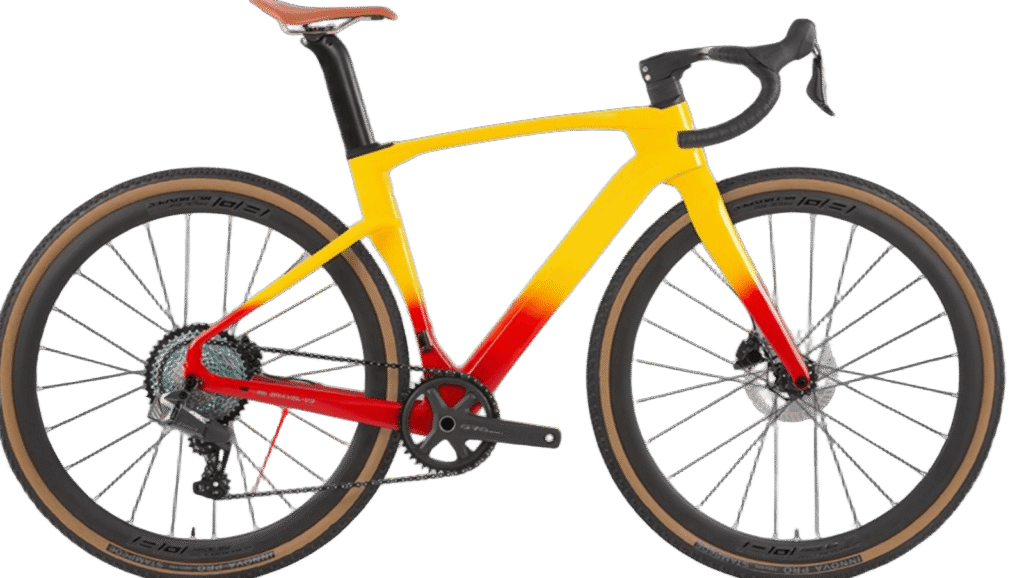
7 Legendary Road Bike Morocco Routes for 2024
This is the heart of the matter. Morocco’s terrain serves up some of the most memorable climbs you’ll ever tackle.
- The Tizi n’Tichka Pass (N9 Highway): The most famous of them all. This 2,260-meter (7,415 ft) ascent on the main route from Marrakech to Ouarzazate is a right of passage. The 30+ km climb offers ever-changing vistas, from green foothills to stark, majestic mountains.
- The Tizi n’Test Pass (R203): For those seeking a more raw and remote challenge. South of Marrakech, this pass is steeper, narrower, and less trafficked than the Tizi n’Tichka, offering a pure, untamed climbing experience with unparalleled views.
- The Ouirgane Valley Loop: Starting from Marrakech, this stunning 120km loop takes you through the beautiful Ouirgane Valley, offering a perfect blend of challenging climbs, fast descents, and picturesque landscapes without the commitment of a giant mountain pass.
- The Draa Valley Highway (N9 South): For recovery miles with a view. South of Ouarzazate, the road to Zagora is mostly flat or gently rolling, following a breathtaking palm-lined oasis. It’s a chance to spin the legs and soak in the pre-Saharan scenery.
- Atlantic Coast Road from Essaouira: A different kind of challenge. This route trades mountain climbs for relentless, powerful coastal winds. It’s a fantastic test of strength and drafting skill, with the wild Atlantic Ocean as your constant companion.
- The Ziz Valley Gorge: An incredible journey through one of Morocco’s most dramatic canyons. The road carves through the mountains, offering technical descents and awe-inspiring views of the palm-filled valley below.
- The Mid-Atlas Circuit: Explore a different side of the mountains around Ifrane and Azrou. This region offers forested climbs, volcanic landscapes, and the chance to see Barbary macaques, providing a unique road bike Morocco experience.
For detailed GPS data and route planning, we recommend checking resources like Cycling Challenge
What to Expect: A Typical Day on a Road Bike in Morocco
A supported tour transforms the experience. Here’s what a typical day looks like:
- Morning (7:00 AM): Wake up to a hearty breakfast. Your guide briefs the group on the day’s route: distance, total elevation, key climbs, and points of interest.
- Riding (8:00 AM – 3:00 PM): The peloton rolls out. You ride at your own pace. The support van, or “broom wagon,” leapfrogs the group, providing water, snacks, fruit, and mechanical assistance every 20-25 km.
- Lunch (12:00 PM – 1:00 PM): The van sets up a picnic lunch in a scenic spot—a perfect chance to refuel, share stories, and enjoy local produce like dates and almonds.
- Afternoon (3:00 PM): Arrive at the day’s destination—often a charming riad or hotel. Time to clean your bike, relax by the pool, or explore the local medina.
- Evening (7:00 PM): Enjoy a well-earned group dinner, feasting on delicious Moroccan tagines and discussing the day’s exploits and the challenges ahead.
Essential Gear and Preparation
The right preparation is key to enjoying your road bike Morocco adventure.
- Your Bike: You can bring your own (most airlines accept bikes as luggage for a fee) or rent a high-quality carbon road bike from a reputable tour operator like Ride Morocco. Ensure rental bikes are well-maintained.
- Gear Checklist:
- Clothing: Base layers, jerseys, bib shorts, a quality waterproof and windproof jacket, arm/leg warmers, and gilets. The weather can change rapidly in the mountains.
- Essential Extras: High-SPF sunscreen, lip balm, quality sunglasses, a cycling cap, and a Buff for dust and sun protection.
- Tools: A basic multi-tool, tire levers, spare tubes, a mini-pump, and a chain quick-link. Your support van will have these, but it’s good to be self-sufficient.
- Training: Focus on building climbing endurance. If your tour includes the Tizi n’Tichka, you should be comfortable riding 4-5 hours with significant elevation gain (1,500m+). For training plans, consider resources from British Cycling.
Planning Your Trip: Logistics & Best Time to Go
- Best Season for Road Biking: The prime windows are Spring (March to May) and Autumn (September to November). The weather is ideal—warm but not scorching, with minimal rain. Summer is too hot for most, and winter can bring snow to the high passes.
- Guided vs. Self-Guided: For a road bike holiday in Morocco, a guided tour is highly recommended. The logistical support, mechanical assistance, and local knowledge are invaluable. Self-guided is possible for experts but requires meticulous planning for water, food, and accommodation in remote areas.
- Navigation: While a GPS computer is essential, mobile coverage can be spotty in the mountains. Download offline maps on apps like Komoot as a backup.
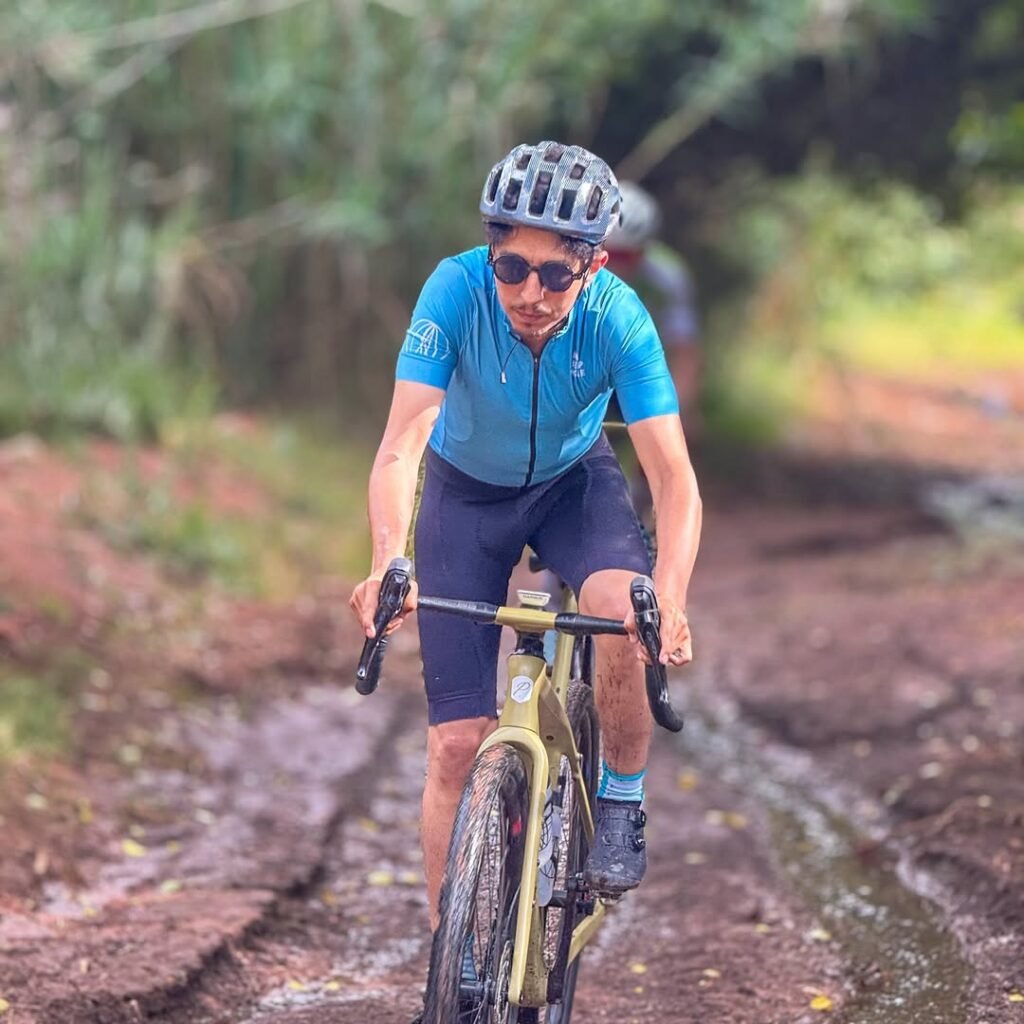
Conclusion: Your Epic Climb Awaits
To experience a road bike Morocco adventure is to test your limits against some of the most dramatic landscapes on earth. It’s the burn in your legs on a 20km climb, the thrill of a sweeping descent, and the profound satisfaction of a day spent entirely on two wheels. It’s an adventure that will leave you with not just stronger legs, but lasting memories. The road is calling.
Ready to plan your trip? Explore our guide on the best cycling tours in Morocco for a curated list of reputable operators.

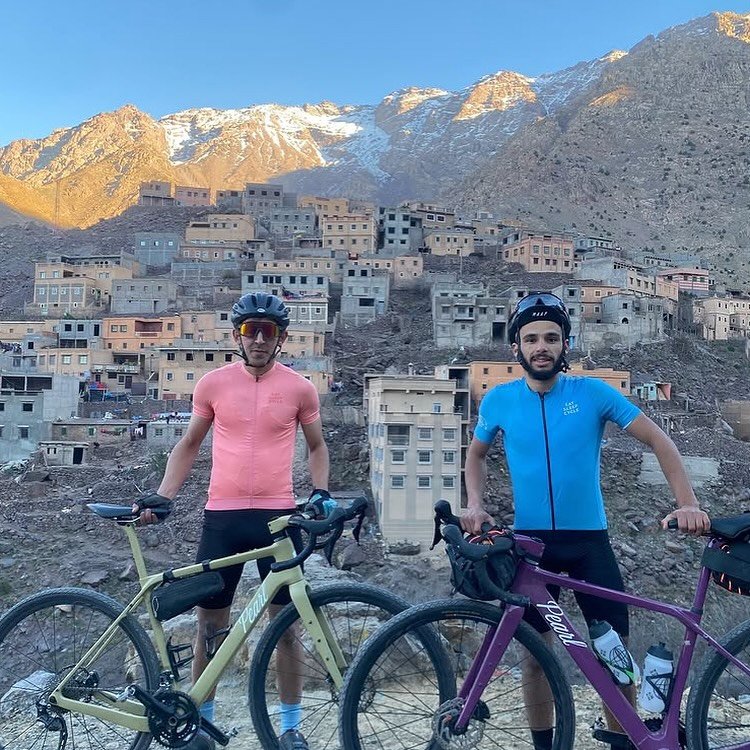
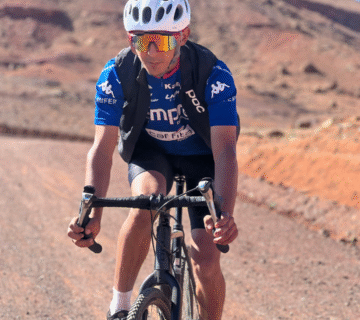
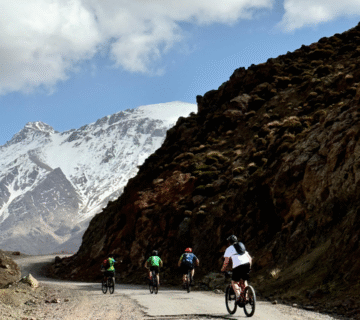
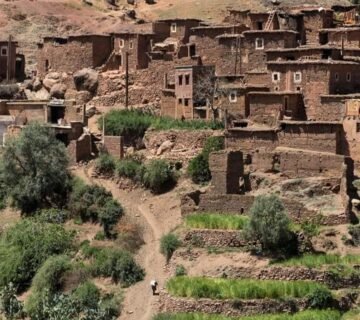
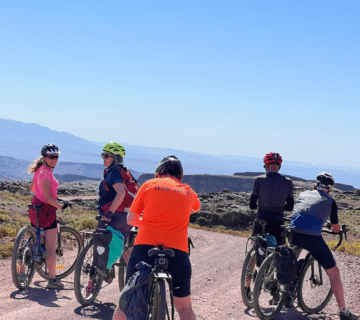
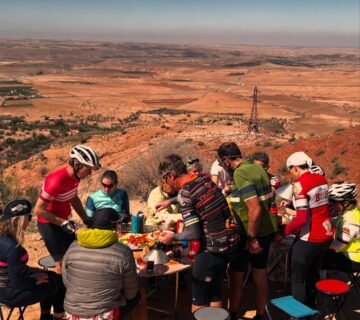
No comment